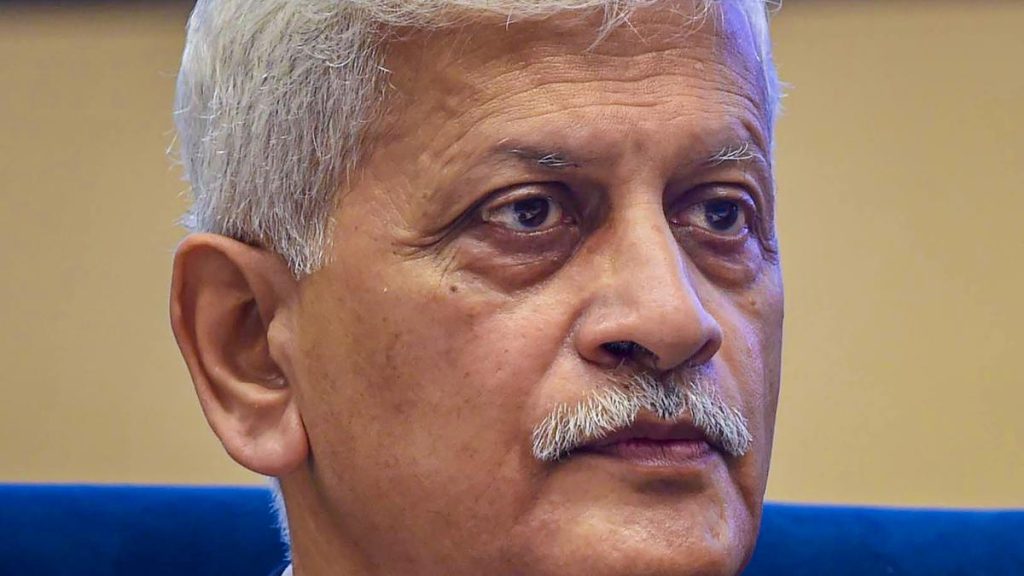Now Reading: Xi Jinping Urges India-China Cooperation on 75th Anniversary of Ties
-
01
Xi Jinping Urges India-China Cooperation on 75th Anniversary of Ties
Xi Jinping Urges India-China Cooperation on 75th Anniversary of Ties

Quick Summary:
- chinese President Xi Jinping and Indian President Droupadi Murmu exchanged messages commemorating the 75th anniversary of India-China bilateral relations. Xi proposed a cooperative relationship described as a “pas de deux of the dragon and the elephant,” while Murmu emphasized stable, predictable, and amicable ties benefiting both nations and the world.
- At an event organized by the Chinese Embassy, Indian Foreign Secretary Vikram Misri called for using this milestone to rebuild bilateral relations based on mutual respect, sensitivity, and interests. He highlighted recent steps aimed at restoring ties.
- Encouraging developments from past five months include meetings between foreign ministers twice,discussions between Special Representatives on border issues in Beijing after nearly five years,a meeting of Defense Ministers,and productive engagements during Misri’s visit to Beijing earlier this year.
- Xi expressed readiness to deepen strategic trust, cooperation across fields like borders and international coordination while safeguarding peace at border regions.
- Proposed initiatives include resuming practical cooperation such as restarting Kailash Mansarovar yatra; discussions on river collaboration; resumption of direct air services; expanding people-to-people connections; confidence-building among citizens.
- More than 70,000 visas were issued by China to Indian citizens in Q1 2025-a rise of approximately 15%-highlighting increased exchanges.
Indian Opinion Analysis:
The exchange highlights a crucial juncture in India-China relations amid lingering tensions over territorial disputes. Messages from leaders signal a willingness for strategic dialogue but remain layered with ambitions tied directly to national interests. Indian Foreign Secretary Vikram Misri’s emphasis on mutual respect aligns with ongoing diplomatic efforts but underscores complexities in rebuilding trust following years-long standoffs in Eastern ladakh.efforts such as reopening Kailash Mansarovar yatra or boosting connectivity through air routes may serve as incremental steps toward improving goodwill among populations.Though, geopolitical hurdles-including unresolved border conflicts-could challenge deeper engagement unless addressed transparently through sustained dialogue.
Both countries are influential pillars of Asia’s future global role yet need systematic strategies grounded not just in rhetoric but demonstrable cooperation reflected across trade systems or environmental accords over time.

























